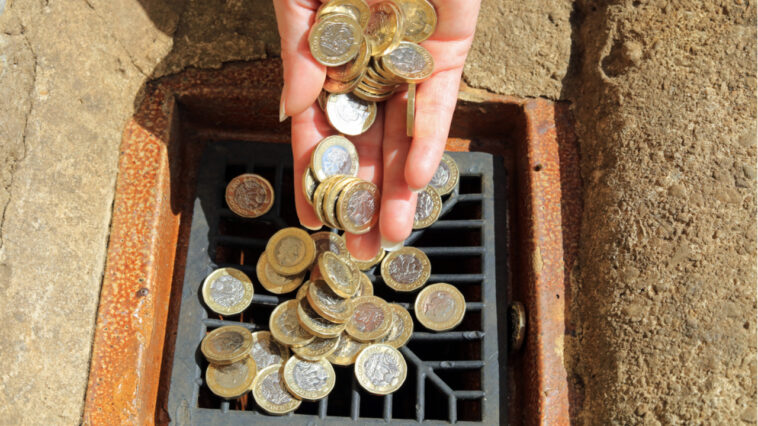Crypto trading platforms in South Korea are delisting certain digital currencies as they move to comply with stricter rules for the industry. The trading of some high-risk coins has been either halted or completely suspended on several Korean exchanges this week.
South Korean Exchanges Wipe Trading Lists of Risky Digital Assets
Trying to meet Seoul’s tougher new rules for the cryptocurrency sector, Korean exchanges are now purging their trading lists of high-risk assets. According to a report by Arirang, a number of crypto trading platforms have temporarily halted or ended the exchange of some digital coins, while warning customers to be cautious of other currencies.
Out of 20 exchanges that have already obtained Information Security Management System (ISMS) certification, 11 have made such changes, the publication reveled. Among them are some of Korea’s leading crypto exchange providers, with observes reading the move as an attempt to meet new requirements for government approval.
Upbit has so far decided to delist five digital currencies – paycoin, maro, observer, solve.care, and quiztok starting from Friday. Huobi Korea has discontinued trading of the Huobi token. And Coinbit has ended the trading of eight cryptocurrencies while putting another 28 coins on a warning list issued for its users.
Cryptocurrency Exchanges Trying to Please Banks and Regulators in Seoul
South Korean crypto exchanges are now required to register with the Financial Supervisory Service (FSS). In May, the government tasked the agency with the oversight of the country’s expanding digital asset market. To operate legally, the trading platforms need to open real-name bank accounts for their customers in partnership with local banks.
However, Korean financial institutions have been reluctant to get involved in the crypto space. It has been reported recently that only four crypto exchanges – Upbit, Bithumb, Coinone, and Korbit – are currently working with commercial banks to implement the real-name account system.
Major banking groups such as Hana have decided not to issue real-name accounts for crypto trading. K Bank, which opens accounts for crypto traders on Upbit, has expressed doubts about whether it should continue to do that. Its management is weighing up the proceeds from trading fees against risks such as hacking threats and illicit funds.
In April, the Korean Financial Services Commission (FSC) warned that around 200 domestic platforms could be shut down under the new regulations that must be enforced in September. Many smaller exchanges are failing to meet the registration requirements as banks remain concerned they could be held liable for money laundering offenses related to cryptocurrency transactions.
What do you think about the delisting of high-risk coins by crypto exchanges in South Korea? Share your thoughts on the subject in the comments section below.
https://news.bitcoin.com/korean-exchanges-delist-high-risk-coins-as-they-face-tough-regulations/





 BTC-USD
BTC-USD  ETH-USD
ETH-USD  LTC-USD
LTC-USD  XRP-USD
XRP-USD